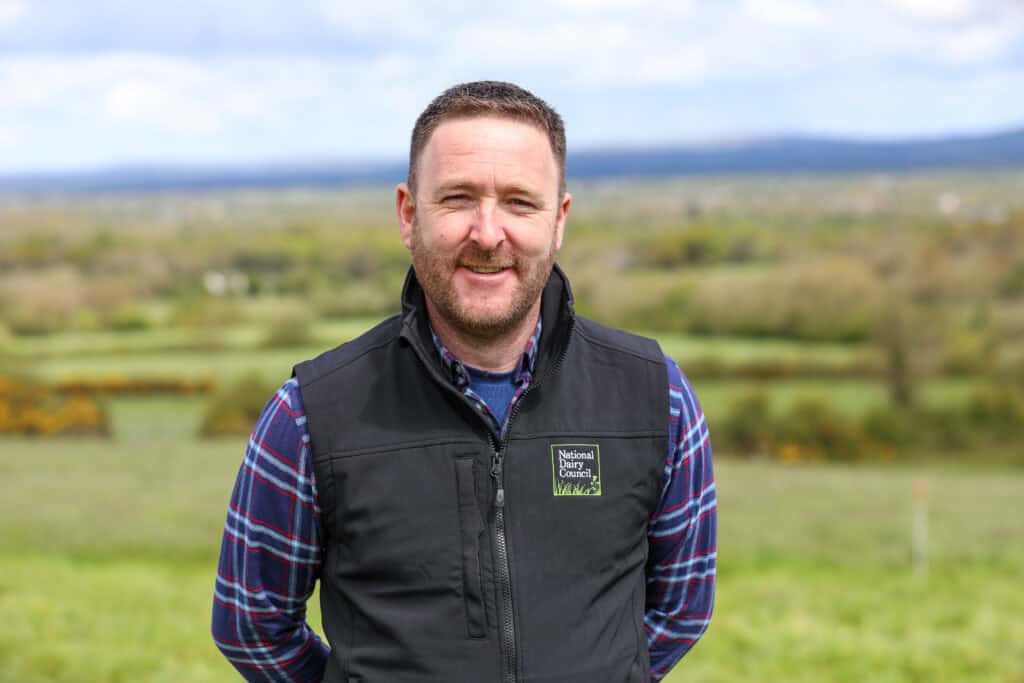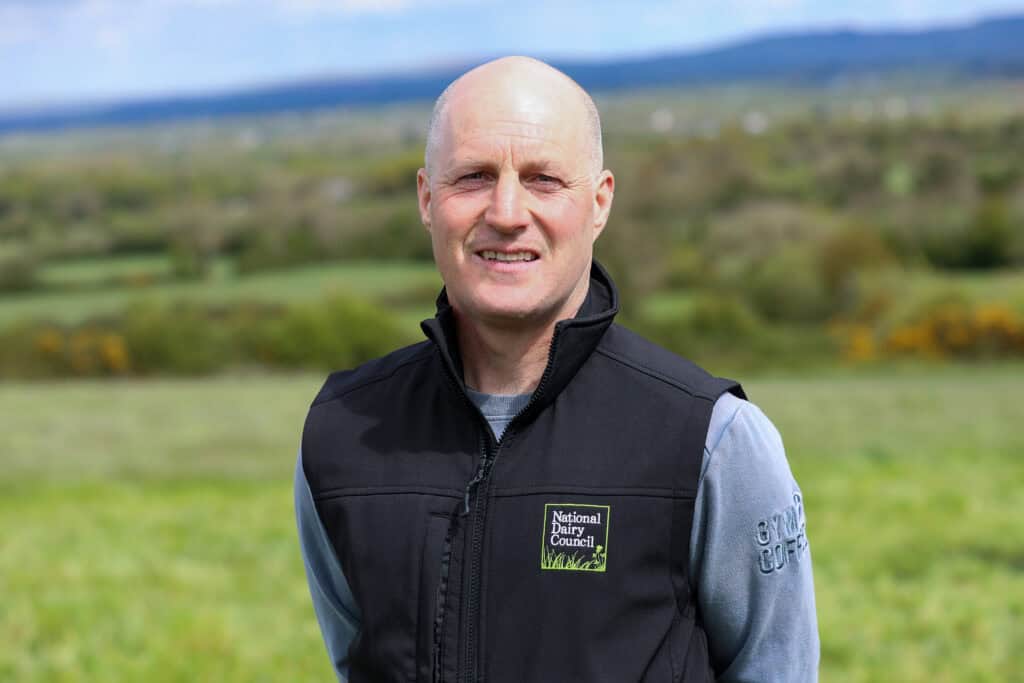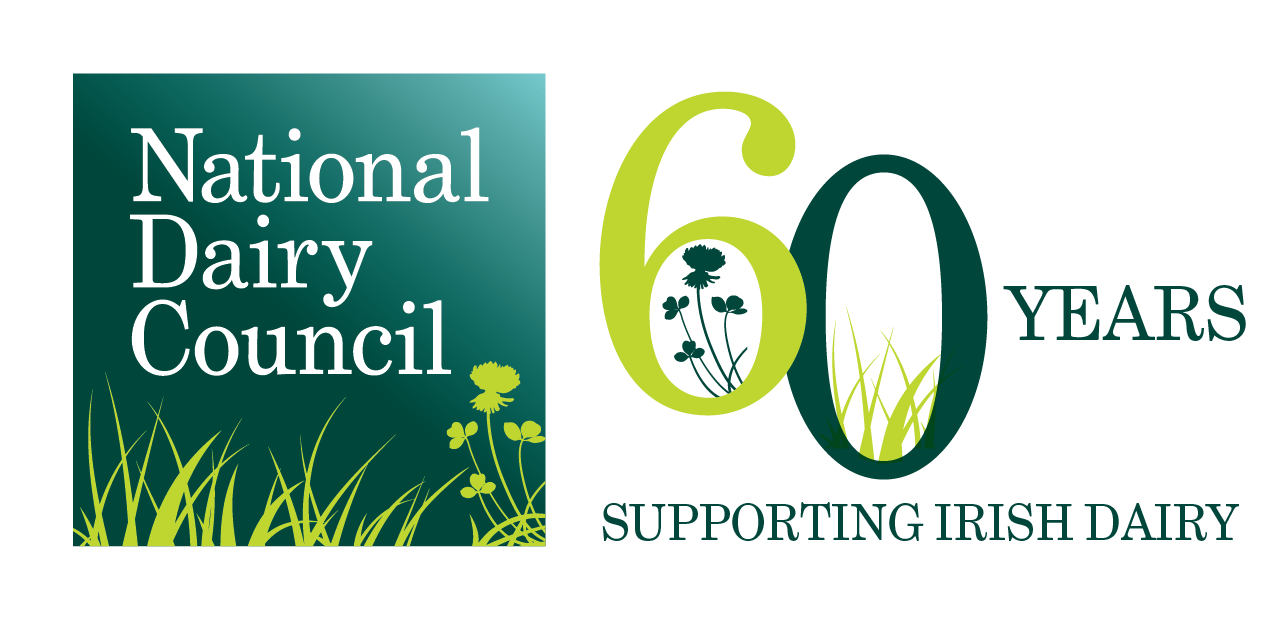NDC Raising the Dairy Voice Series
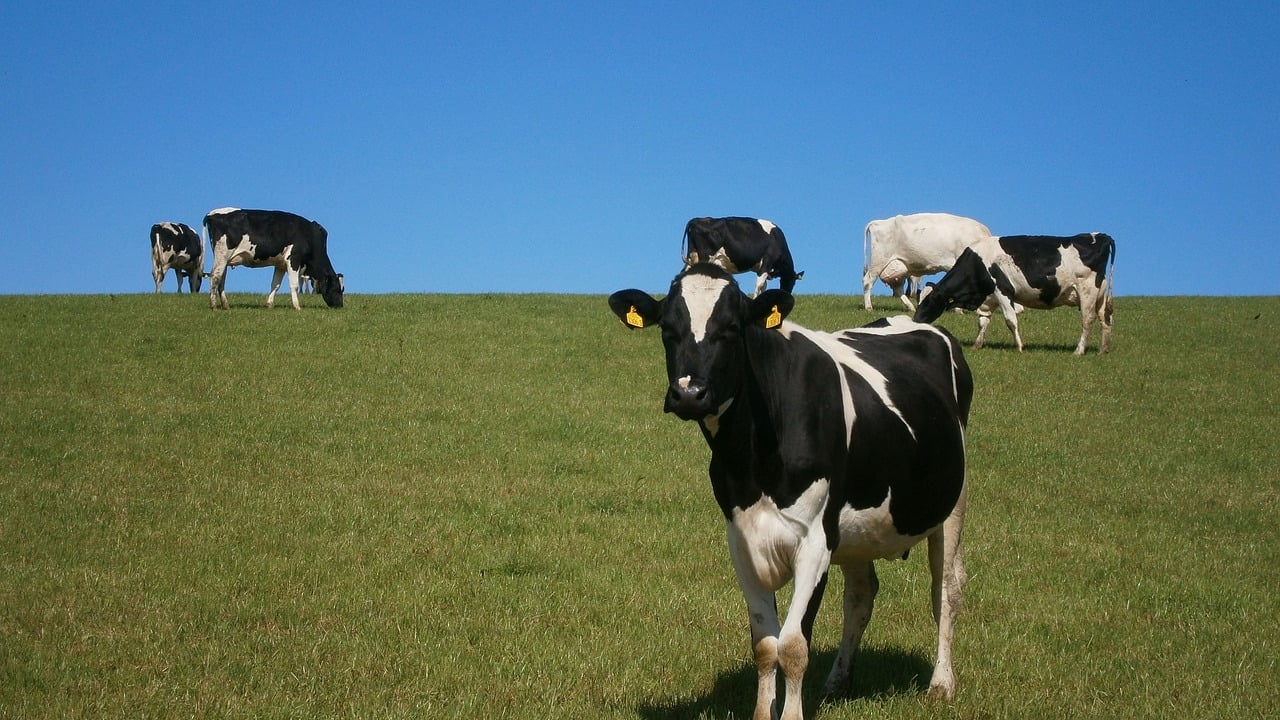
Raising the Dairy Voice Series: 60 years of dairy farming - then and now
Agriland Media Group is delighted to collaborate with the National Dairy Council (NDC) to bring you the Raising the Dairy Voice Series.
The Raising the Dairy Voice Series will comprise weekly articles covering many aspects of the dairy sector and the NDC’s work within in.
To celebrate 60 years of the NDC, Agriland spoke to two of the NDC's farmer ambassadors, who are both steeped in the dairy farming tradition, with their respective families
These two ambassadors - among several NDC ambassadors located in various counties - are James Flaherty from Castleisland, Co. Kerry, and Paddy O'Kelly from Dromcollogher, Co. Limerick.
Both men, as well as their fathers and grandfathers, have experienced the full range of changes and challenges in the dairy sector over the last several decades.
James' family has been farming in their area since 1850, and they had been milking pedigree British Friesians throughout that time until 2005, when they took a break from dairying and moved to suckler-to-beef for a while.
James also worked in carpentry and construction while the farm was engaged in beef. However, with the removal of quotas, and with a "good grass growing farm" he began to consider a return to the dairy fold.
"In 2018 or 2019, we started thinking about it. My old parlour wasn't good enough. The robot was the route we went down and we haven't looked back since."
James is milking 80 cows, with 15 of them calving in August and September to take pressure off the robot in spring. He credits his parents, both in their 70s, for their work on the farm, saying he would be "lost without them".
Paddy's family has been dairying for five generations, and his 89-year-old father is still helping out on the farm even today, by feeding calves. He says his farm is "really a family-run business".
"That's as far as we'll go to be honest, because with different regulations, we're happy enough at 120 cows," he said.
The spring calving pedigree Holstein herd uses a good deal of beef artificial insemination (AI), with only beef AI used after the first three weeks of breeding.
Paddy said: "My father always said electricity is the big one, in 1952.
"Before that they were hand-milking cows. They had 30 cows back in the 50s and he had a sister and his mother, and they had work women coming in. It was nearly always women milking cows back then.
"They got a milking parlour in 1951, run by an engine, but it wasn't a great success. Then electricity came in 1952 or 1953, and that was a big, big change. It was a massive labour saving."
Other significant changes since then, Paddy said, included new feeding systems and housing systems, which were all big labour savers as well.
The paddock system was also an important development, as was his decision to reseed the farm when he took it over.
Apart from all those technical improvements over the decades, both farmers also highlighted the technological developments in that time, including milking robots, cameras, automatic feeders, automatic scrapers, automatic removers, automatic wash systems, underpasses, and automatic gate latch timers.
Each of these represented significant labour savings, James and Paddy said.
Both farmers benefitted from the abolition of the milk quotas in 2015.
Paddy said: "We were limited [by quotas] alright. I was a young farmer mad to expand and drive on. We were able to really drive on when quotas went. It took the shackles off".
That didn't come without challenges though, with Paddy saying he had to source land and put in "extra everything" for the additional cow numbers.
Although James was not in dairy when quotas were abolished, and had sold his dairy quota when he moved over to beef, the removal of quotas, combined with the greater certainty dairy farming offered, enticed him back.
He said: "With the beef, we were being paid once a year. That was the long and the short of it.
"Yes, the dairy is volatile at the moment, but at least you have money coming in. You can see what's coming in. You have more control over it," James added.
The dairy sector - and farming in general - is not without challenges, as both farmers can attest.
James commented: "The NDC is trying it's absolute best to get the public back on our side because it's like you’re fighting a losing battle the whole time, with different minority groups that have a big say on social media and the like.
"At the end of the day the farmer is the keeper of the land, he’s not going out to destroy the environment. That’s not the goal. That’s not what they do. We milk cows, we look after our land. That’s what it's about," he added.
"There is a minority out there that doesn't give a damn. It is a challenge. Especially for younger farmers."
According to James, this feeds into another big issue: mental health.
"Mental health is a huge thing in farming now at the moment. People don't see that but it is. Farmers are on their own.
"When I was in the building trade I would meet people from 7:00a.m to 5:00p.m or 6:00p.m. A farmer can be on his own if he has no family," he said.
"You need someone to talk to. That’s another challenge. It will be an even bigger challenge in times to come," the Kerry farmer added.
Paddy cited the issue of prices for milk as a major challenge for him personally.
"Prices have to be 50c/L to make a decent living. It needs to rise, because this year we’re at nothing to be honest. We’re only breaking even for all the hours we’re putting in. This year, I find it very hard," he said.
"The spring was tough and cows never got going this year. They were in for too long, and it's having a massive knock-on effect," he added.
Paddy also drew attention to the nitrates derogation, saying: "We’ve all the paddocks for 120 cows, we have the accommodation for 120 cows, we have the milking parlour for 120 cows, and if we lose the derogation I’ll have to go back to 100 cows.
"We have a young family, and you're trying to drive on, put away money for college, and if you drop by 20 cows it's a massive hit on income," he added.
Both farmers complimented the work of the NDC in bringing the work of Irish dairy farmers to public attention.
Paddy said that the NDC and its ambassadors programme "is very important because you're hearing it from farm level... It's important to hear it from the ground".
James noted that the NDC has "the ability to get into the urban side of the country" through its various information campaigns".
He added: "Without the farmer, people don’t realise... Until people go into shops and see empty shelves, that’s when they will realise how important the farmer is... and was, in some cases."
